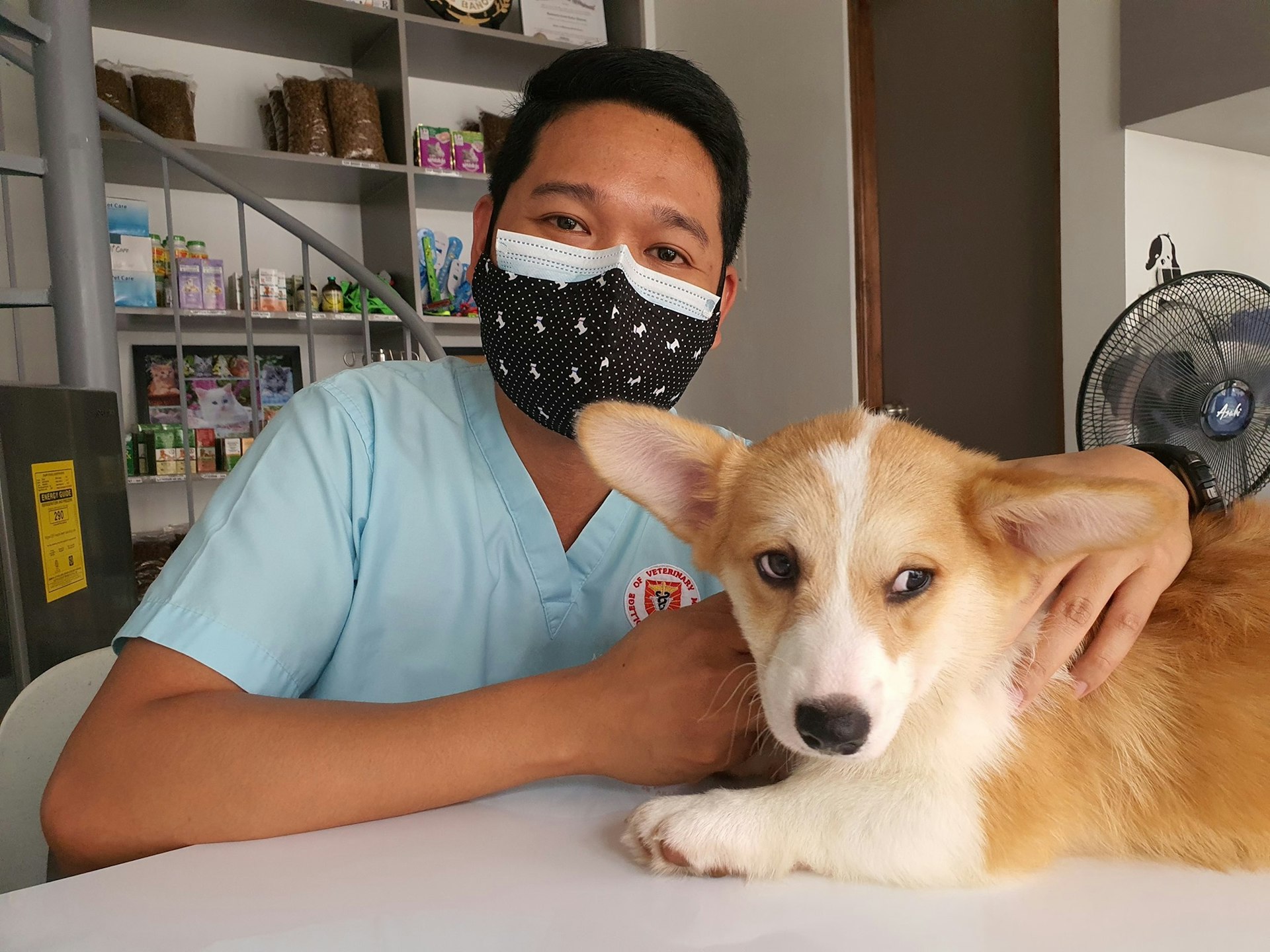Vegan Diets for Household Pets: Evidence, Guidance, and Practical Steps

Photo by Ira Pavlyukovich on Unsplash
Introduction
Interest in vegan diets for household pets has grown alongside concerns about animal welfare, environmental sustainability, and pet health. While the idea of pets thriving on plant-based diets remains controversial, a growing body of research and commercial innovation is addressing questions about nutritional adequacy, safety, and practical implementation. This article examines current evidence, offers step-by-step guidance, and discusses alternatives and best practices for guardians considering vegan diets for their dogs or cats.
Current Scientific Evidence on Vegan Diets for Dogs
Recent studies show that nutritionally complete vegan diets can support good health in dogs. A 12-month peer-reviewed study conducted by independent clinical scientists from Western University of Health Sciences and UC Berkeley found that adult dogs fed a commercially available, balanced plant-based diet maintained normal blood markers, cardiac health, and body condition. The dogs showed no adverse health effects, and owner surveys indicated stable or improved well-being over the study period [1] .
Further, a 2023 review of published studies and owner surveys found little convincing evidence of major adverse effects from vegan diets in dogs. In fact, some data suggest vegan-fed dogs may experience fewer health disorders, have better body condition, and require less medication compared to those on meat-based diets. However, the authors caution that most studies have small sample sizes or are based on owner-reported data, which may be subject to bias [2] .
Despite promising results, veterinarians and nutritionists emphasize that vegan diets for dogs must be carefully formulated to provide all essential nutrients. Deficiencies in amino acids like taurine, vitamins such as B12, and certain minerals can occur if diets are not properly balanced. The safest approach is to use commercially produced vegan pet foods that are labeled “complete and balanced” according to AAFCO or FEDIAF standards [2] .
Environmental and Ethical Considerations
Pet food production is responsible for a significant portion of the environmental impact from animal agriculture, consuming land, water, and fossil fuels, and contributing to greenhouse gas emissions. Switching to plant-based diets for companion animals can help reduce these impacts. For ethically motivated guardians, vegan diets may also align better with personal values regarding animal welfare [1] .
However, environmental benefits are most significant when the plant-based diet is both nutritionally adequate and accepted by the pet. Substituting animal-derived ingredients with poorly formulated vegan foods may lead to health problems and increase resource use through more frequent veterinary care or food waste.
Implementing a Vegan Diet for Dogs: Step-by-Step Guidance
1. Consult a Veterinarian: Before transitioning your dog to a vegan diet, consult a veterinarian with expertise in companion animal nutrition. This is especially important for puppies, pregnant or lactating dogs, or animals with health conditions.
2. Choose a Commercial “Complete and Balanced” Vegan Food: Select a product labeled as “complete and balanced” according to AAFCO (Association of American Feed Control Officials) or FEDIAF (European Pet Food Industry Federation) standards. You can find such products in major pet stores or through reputable online retailers. Look for well-established brands with published nutritional analyses and, ideally, clinical trial data.
3. Transition Gradually: Gradually introduce the vegan food over 7-10 days, mixing increasing amounts of the new food with the old. Monitor your pet for changes in appetite, stool quality, energy level, and overall health.
4. Monitor Health: Schedule regular veterinary check-ups, including bloodwork to monitor key nutrients (e.g., protein, taurine, L-carnitine, B12). Keep a health journal to track changes in weight, coat quality, energy, and behavior.
5. Avoid Homemade Diets Unless Supervised: Homemade vegan diets are risky unless formulated and regularly reviewed by a board-certified veterinary nutritionist. Nutritional imbalances can develop quickly, especially in growing or senior dogs.
If you are unable to locate a veterinary nutritionist directly, try searching for ‘veterinary nutritionist vegan dog diets’ through reputable veterinary colleges or professional organizations, such as the American College of Veterinary Nutrition.
Special Considerations for Cats
Cats are obligate carnivores, meaning their nutritional requirements are more stringent than dogs. They require nutrients such as taurine, arachidonic acid, vitamin A, and vitamin B12, which are naturally found in animal tissues. While some commercially available vegan cat foods are supplemented with these nutrients in synthetic form, peer-reviewed studies on their long-term safety and efficacy are limited [2] .
Feeding cats a vegan diet may be possible with carefully formulated commercial products, but it carries a higher risk of nutritional deficiencies, which can lead to serious health problems such as cardiomyopathy, blindness, and immune dysfunction. If you wish to pursue a vegan diet for your cat, it is critical to:
- Consult a board-certified veterinary nutritionist before making any dietary changes
- Use only commercial diets labeled as “complete and balanced for cats”
- Schedule frequent health checks and bloodwork to monitor for deficiencies
Given the risks, many veterinarians recommend plant-based diets for cats only if strong ethical or allergy-related reasons exist and with close professional supervision.

Photo by Tatyana Rubleva on Unsplash
Common Challenges and Solutions
Transitioning pets to vegan diets can present several challenges:
- Palatability: Some pets may initially reject plant-based foods. Gradual transition and experimenting with different brands or flavors may help [2] .
- Digestive Upset: Loose stools or mild gastrointestinal upset can occur during dietary change. Transition slowly and monitor stool consistency. If issues persist, consult your veterinarian.
- Nutritional Balance: Use only diets formulated to meet all nutrient requirements. Avoid home-prepared vegan diets unless guided by a veterinary nutritionist.
- Access to Products: If vegan pet foods are not available in your region, you may search for them in large pet retail chains, specialty stores, or online marketplaces. Use search terms like “AAFCO certified vegan dog food” or “complete vegan pet food” for best results.
Alternatives and Additional Considerations
If a fully vegan diet is not feasible or appropriate for your pet, consider alternative approaches:
- Flexitarian Diets: Some pet owners choose to reduce, rather than eliminate, animal products by feeding mostly plant-based foods with occasional animal-derived treats or supplements.
- Allergy Management: Some pets with food allergies may benefit from limited-ingredient or novel protein diets. In these cases, discuss vegan or vegetarian options with your veterinarian.
- Supplements: For pets on vegan diets, supplementation with amino acids (such as taurine and L-carnitine), vitamins (including B12), and essential fatty acids may be recommended.
Regardless of dietary choice, regular veterinary monitoring is essential to ensure your pet’s health is maintained.
Conclusion and Key Takeaways
Recent research suggests that properly formulated vegan diets can be safe and beneficial for some dogs, but evidence for cats remains limited and caution is warranted. To ensure nutritional adequacy and minimize risks, use only commercial diets labeled “complete and balanced,” work closely with a veterinarian, and monitor your pet’s health regularly. Environmental and ethical motivations can be addressed through plant-based diets, but they must never come at the expense of animal welfare. For more information or support, consider reaching out to a veterinary nutritionist or searching for “vegan pet nutrition expert” at accredited veterinary colleges.
References
MORE FROM lowcostbotox.com













